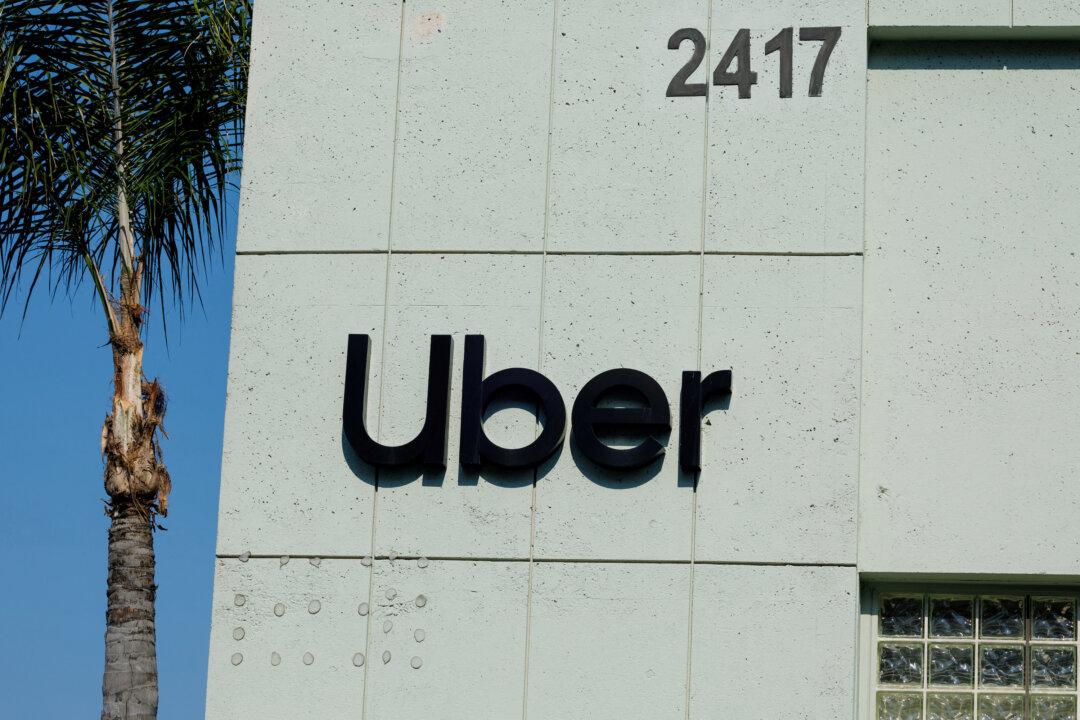BRUSSELS–Draft EU rules to curb the power of Amazon, Apple, Alphabet unit Google, and Facebook should also tackle providers of cloud computing services for possible anti-competitive practices, a study said on Tuesday.
The report comes amid concerns that some EU lawmakers who are reviewing the Digital Markets Act (DMA) proposed by EU antitrust chief Margrethe Vestager may be lenient toward cloud computing companies.





